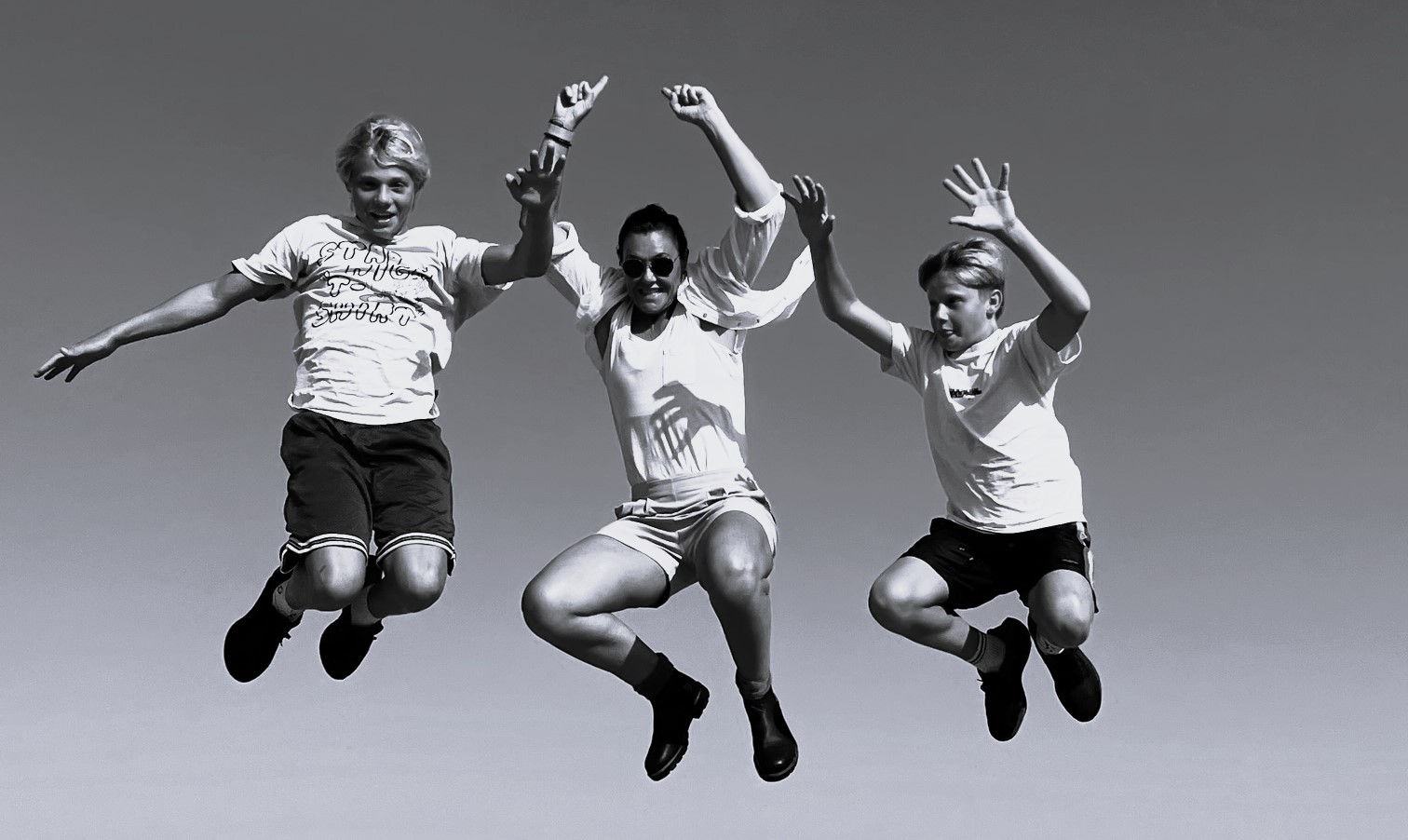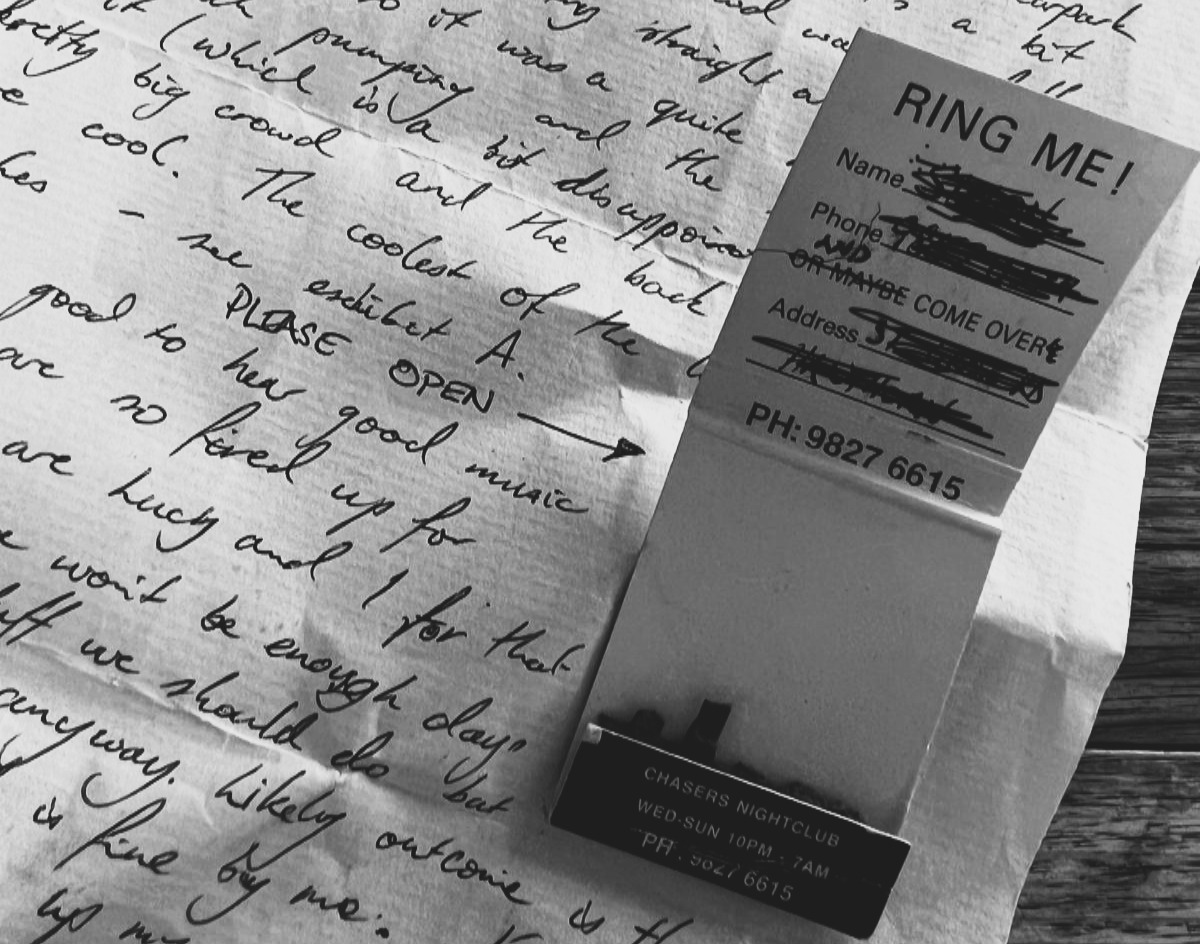If you’ve spent most of your life pushing to the highest levels of sport, chances are you’ve built a mental armour that’s made you unstoppable on the field, track, court, water – wherever you competed.
It’s your superpower. It’s why you got to the top, right!?
I’ve learned a few hard lessons along the way in my own athlete transition to life after sport, and here’s one of the biggest truth bombs:
Some of the very mindsets and traits that made you elite in sport can become major liabilities when you step into life after sport.
I know this because I bloody-well lived it.
Actually, I’m still undoing some of these mindsets years after retirement.
This isn’t a criticism – it’s a reality check for anyone brave enough to hear it.
These are the traits I had to start deconditioning from myself.
These are the traps I see over and over again in athletes who struggle the most in transition.
Let’s throw a light on it…
1. Self-Reliance to a Fault
“I’ve been the best. I can do anything I set my mind to.”
This is gold in sport.
It’s fatal when you’re stepping into a brand-new life chapter. It can translate into “I don’t need/want to ask for help“.
The transition out of sport can be messy, complex, and emotional. Trying to lone-wolf your way through it can leave you isolated, overwhelmed, and missing out on the very support that could have made it smoother.
I know I did. After the fanfare of the Olympics faded, I was couch-surfing in St Kilda, broke, run-down, and completely disconnected from any sort of support structure. I didn’t ask for help – I didn’t want to, and if I am brutally honest – at that time of my life, I probably didn’t even know how.
2. Singular Focus / Obsessive Goal Pursuit
In sport: it’s you, the goal, and nothing else.
Laser focus. Tunnel vision. Total sacrifice.
But life after sport is not a single-goal race.
If you don’t start broadening your focus – building interests, new identities, and different sources of meaning – you’ll wake up one day with the medal, but no map for what’s next.
I’d been aiming for Olympic gold since I was 14. It was my identity, my obsession, my everything. I’d abandoned uni twice, moved interstate multiple times, put life on hold, and poured every bit of myself into that dream. When I crossed that Olympic finish line with a silver medal instead, the goal was gone – and so was any roadmap for what came next.
3. “I’ve got my social network sorted, I’m good mate”
When you live in the athlete bubble – teams, camps, tours – your entire world becomes other athletes and the support staff around you.
Family, old friends, wider networks? They drift. Especially when you’ve left ‘home’ at a young age to pursue your sport.
When sport ends, so does that entire built-in system of social support and sense of belonging.
If you haven’t built connections outside your sporting life, the loneliness and identity crash can hit like a freight train.
When I stopped rowing, I lost my tribe overnight. The team scattered, the support crew evaporated, and suddenly I was alone. No community, no familiar connection. I felt like I belonged nowhere. There was just me and a bunch of boxes and bags spread across three cities.
If you haven’t built connections outside your sporting life, and if it’s been a long time since you lived in any kind of ‘home base’ setting, the loneliness and identity crash can hit like a freight train. It did for me.
4. Institutionalisation (Without Even Realising It)
When you’re competing, the system wraps around you – coaches, physios, managers, high-performance units.
It’s easy to assume they’ll always be there, meeting your every need – as they’ve always done.
Spoiler: they won’t.
It is a common experience for athletes feel totally abandoned once they retire. That shock when you retire and no one from the system checks in? It’s real.
After years of being surrounded by people who knew my every niggle, who micromanaged my daily routine, there was just… silence. I didn’t just lose a team – I lost the invisible web that held my whole life together.
If you haven’t prepared yourself mentally to be your own advocate, planner, and support system, the fall can be brutal.
5. Selfishness (Somewhat Necessary in Sport – a Liability in Life)
In elite sport, you have to be obsessed with yourself to a certain extent – your body, your nutrition, your performance.
It’s not arrogance. It’s a matter of survival and results at the very top of the elite sporting world. But it’s actually not at all healthy.
Transition – and life after sport – requires looking outward.
Partnerships, careers, networks, community – they don’t work if you’re locked in ‘me, me, me’ mode.
The world will no longer revolve around you or your performance or your recovery. The quickest way to ‘unlearn’ this one is: have a baby. Trust me. You’ll learn fast!
After sport, I had to learn how to show up for others in a different way, not just as ‘Rach the Rower’ with a singular mission, but as a human being, with empathy, curiosity, and space for more than just me.
6. Geared for Positivity
Athletes are programmed to always look for the upside.
Review, critique, correct – then immediately focus on what’s next, what can be done about it, what’s positive.
That resilience is incredible, until it stops you from facing uncomfortable truths.
Like the fact you might not retire on your own terms (most athletes don’t get this luxury). Planning for the “what ifs” no one wants to think about:
What if an injury ends my career overnight?
What if I don’t make the team?
What if I’m suddenly delisted, dropped, or told I’m done?
These aren’t just hypotheticals, they’re real possibilities. And if you haven’t even considered what life might look like on the other side, the darkness can hit hard and fast.
Ignoring the risks doesn’t protect you, it blindsides you. Having a plan doesn’t mean you’re being negative. It means you’re being smart.
7. “Win at All Costs” Thinking
When you’re competing, mortgaging your future for short-term gains feels rational.
I’ll deal with the injuries later.
I’ll sort my career later. I’ll finish uni later. I’ll get some work experience later.
Later, later, later.
Until later shows up – and you’re unprepared, in pain, and scrambling for a Plan B you never made.
For me, I was guilty as charged on this one – that looked like debt, no career, no home base, and absolutely no plan. I’d spent the best years of my twenties chasing performance – and ignored every red flag or suggestion of “Hey… what’s next?”
I don’t necessarily regret it – but the consequences were real. I spent most of my 30s as a mature-age student. Sitting in tutorials with 18- and 19-year-olds which, let’s be honest, wasn’t exactly my scene. I was still chipping away at my Master’s degree in my late 30s, often studying with a newborn on my hip and a toddler crawling around at my feet. It was a grind.
8. “All In” Mentality
Being all in wins races.
It builds champions.
But it leaves no space for developing other parts of yourself.
Other interests. Other talents. Other identities.
It makes thinking about life beyond sport feel like betrayal.
But planning for tomorrow doesn’t make you less committed today – it makes you smarter, stronger, and more resilient when the inevitable change comes.
9. Invincibility Myth
When you’ve pushed through unimaginable physical and mental barriers, it’s easy to believe you can survive anything.
I’m still unwinding this one. This one is a big one that needs to be deconditioned in full, in my opinion.
Accepting limits. Learning that the body whispers before it screams. Starting to actually to listen to my body.
Admitting I’m not bulletproof.
The belief you can “out-tough” everything will only delay the healing you need when sport ends – and trust me, healing will be needed.
I feel silly admitting it, but I have often ignored signs of illness and burnout since retiring. My body, once a machine, has broken down many times. But I didn’t want to admit it or admit the role I’d played in ignoring the signs (whispers) that led to this – because that meant admitting I wasn’t superhuman anymore. It took years before I started truly listening to my body again. It remains a work in progress.
10. Binary Thinking
In elite sport, everything is black and white. You either win or you lose. You make the team or you don’t. You nail the shot or you miss. There’s no room for ambiguity. Every aspect of performance is measurable: milliseconds, degrees, kilograms, milliliters, millimeters. Precision is paramount.
But life after sport? It’s a smorgasbord of 50 shades of grey. Success isn’t always quantifiable. Progress isn’t always linear. Outcomes aren’t always immediate or clear-cut.
I found this transition particularly jarring. In my early working career, I craved the clarity and measurability that sport provided. I wanted to know exactly how I was performing, where I stood, and what I needed to improve. The absence of concrete metrics left me feeling unmoored.
Even now, I thrive when things are binary and measurable. I like to know. But I’ve learned that in life beyond sport, flexibility and adaptability are crucial. Embracing uncertainty and navigating the grey areas are skills that take time to develop. High performance hones you to the nth degree, but it’s rare in your post-sport career that things are so precisely measured or binary. You’re most likely going to need to get your head around this and tone it down.
You are more than your sport. You always have been.
The mindsets that got you to the top are phenomenal – they’re part of what makes you extraordinary. With self-awareness, these mindsets eventually will transfer into new superpowers in your life after sport, believe me.
But if you don’t adapt, unlearn, and rebuild for life after sport, they’ll work against you, not for you.
Transition isn’t about losing your strength – it’s about redirecting it.
It’s about becoming more – not less.
It’s about giving yourself permission to evolve, just like you evolved to become elite in the first place.
After 25+ years in high performance and corporate HR, I can tell you with confidence: employers want what you’ve got. The mindset, discipline, and grit you’ve developed in sport are incredibly valuable – even game-changing – in business and leadership. You’ve got the raw ingredients to be an epic entrepreneur or a standout employee in your next chapter.
But some of those athlete mindsets might need refining. What worked in elite sport might trip you up outside of it. Just be ready for that.
If you’re navigating the messy middle and want a sounding board, check out my Life After Sport coaching. I’d love to team up with you – help you see the blind spots, repurpose your strengths, and turn those sporting superpowers into your next big edge.




